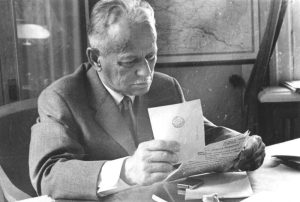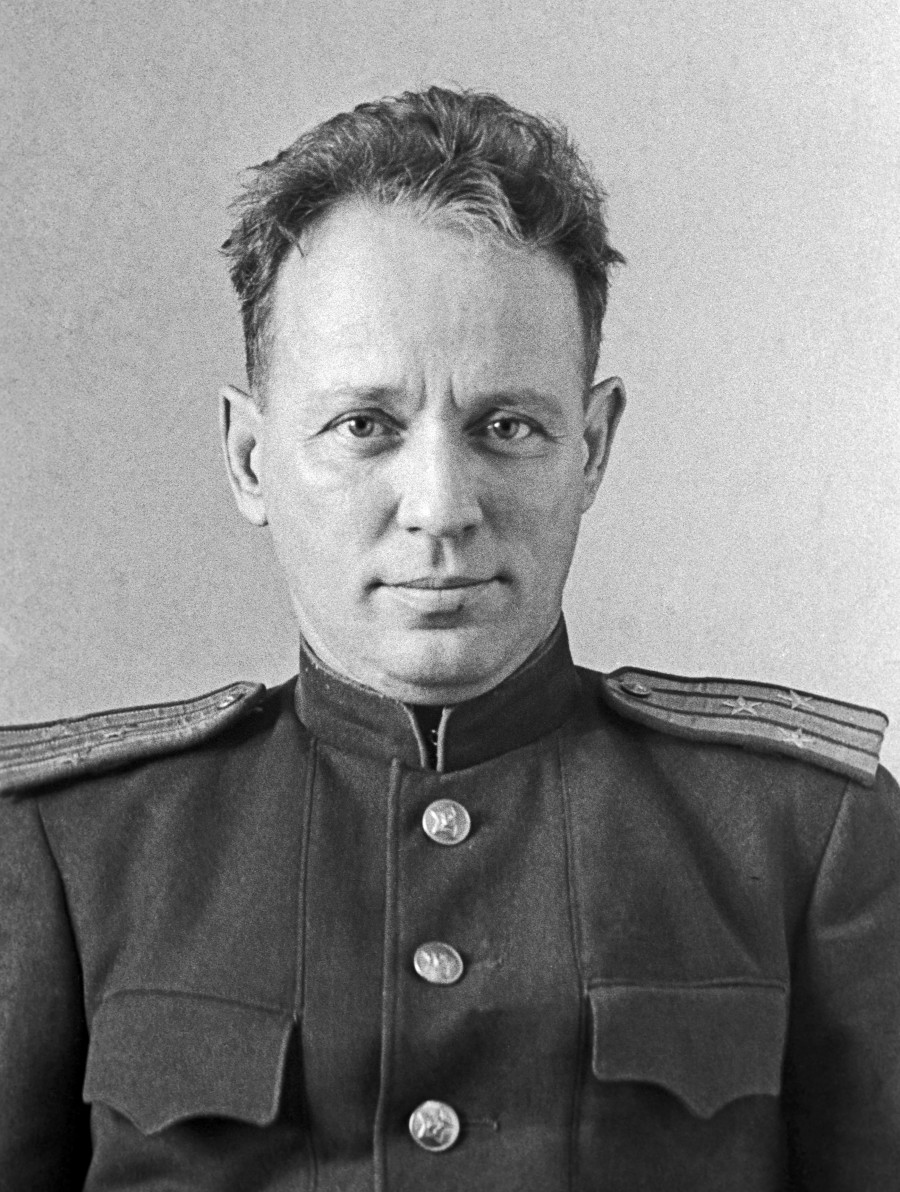Mikhail
Sholokhov
1905-1984

Mikhail Alexandrovich Sholokhov was an outstanding Soviet writer and a classic of 20th-century Russian literature. He was born on May 24, 1905, in the hamlet of Kruzhilin, part of the Veshenskaya stanitsa (Cossack village), into the family of a Don Cossack. He spent his childhood and youth in the Don region, which profoundly influenced the themes of his future works. Sholokhov began his literary career in 1923 by publishing satirical sketches in newspapers. His first short story collection, «Tales from the Don», appeared in 1926. He gained worldwide fame with the epic novel «And Quiet Flows the Don» (1928–1940), a sweeping artistic exploration of the life of the Don Cossacks during a pivotal era in history. Although disputes over authorship arose, a special commission in 1929 confirmed that Sholokhov was indeed the author. In 1932, he began working on the novel «Virgin Soil Upturned», which focused on collectivization in the Don region and was completed only in 1959. During the Great Patriotic War, Sholokhov served as a war correspondent and was awarded the military rank of colonel in 1943. After the war, he wrote notable works such as the short story «The Fate of a Man» (1956) and the unfinished novel «They Fought for Their Country». In 1965, Sholokhov was awarded the Nobel Prize in Literature “for the artistic power and integrity of his epic of the Don Cossacks during a crucial period in Russia.” He was twice honored as Hero of Socialist Labor (1967, 1980), and received the Stalin Prize (1941) and the Lenin Prize (1960). Since 1939, he was an academician of the USSR Academy of Sciences. A member of the Communist Party of the Soviet Union since 1930, Sholokhov was politically active, participated in party congresses, and served as a deputy of the Supreme Soviet of the USSR. M.A. Sholokhov became the voice of the Cossacks and the people’s destiny during the era of revolution, civil war, and the establishment of Soviet power. The uniqueness of Sholokhov’s style lies in his rare synthesis of epic breadth, deep psychological authenticity, and vivid popular language. Sholokhov was a chronicler of historical upheaval—a writer whose prose brought to life the people and their tragic fate. His style merges epic scope with psychological insight, the voice of the people with high artistic mastery. His legacy is a literary monument to an era—one that has retained its relevance into the 21st century. In Moscow, a memorial plaque has been installed on the building where M.A. Sholokhov lived and worked for many years.
Address: Moscow, Sivtsev Vrazhek lane, 33

